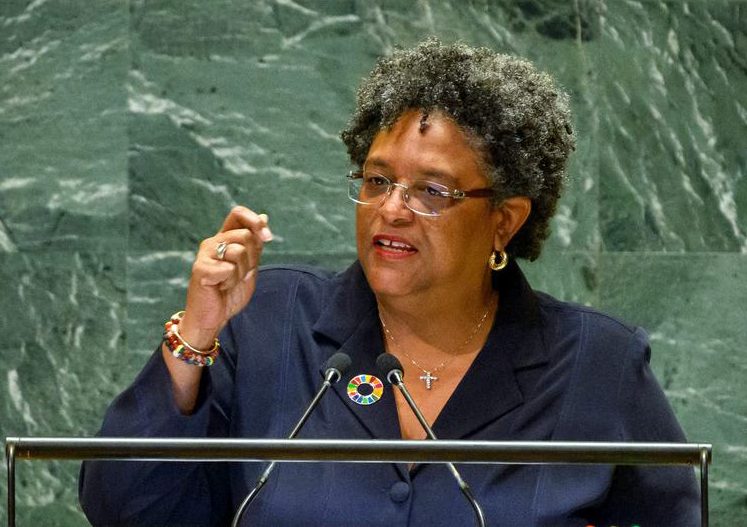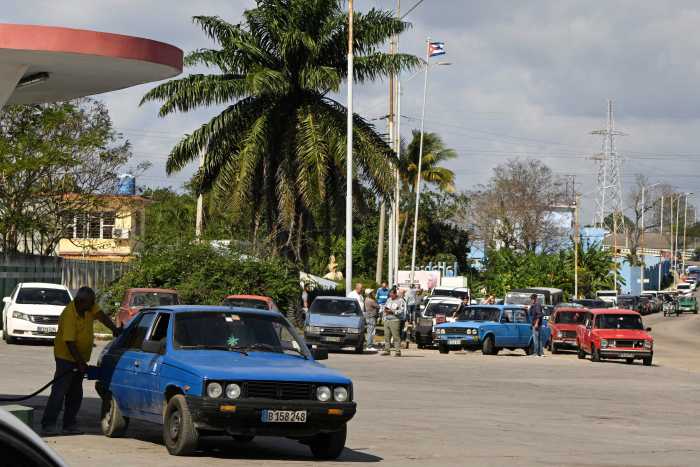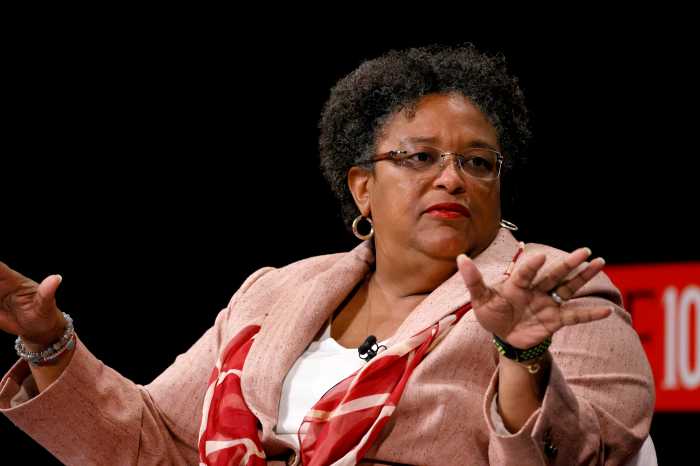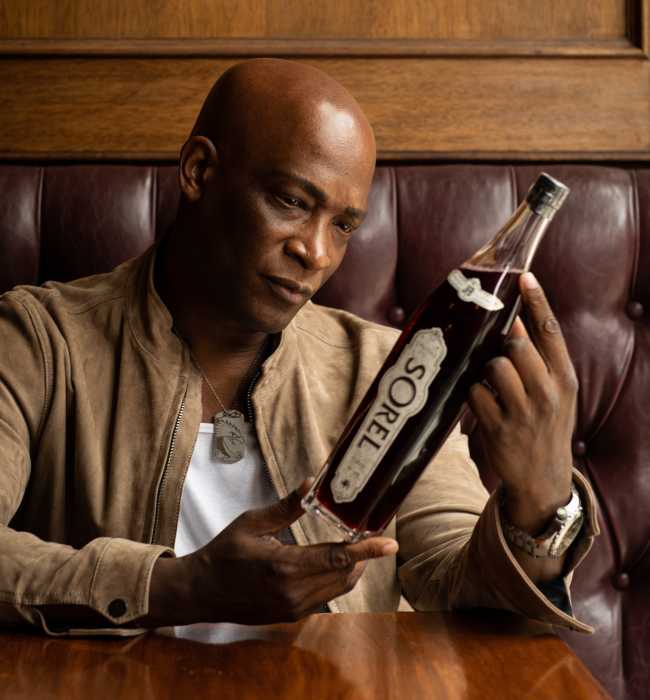Barbados
As she demitted office as CARICOM Chair, Barbados Prime Minister Mia Mottley issued a cryptic warning about a looming threat. She cautioned that it could undermine the independence and sovereignty of member states and pose a significant challenge to regional freedom.
Mottley began by stressing the urgent need for greater unity within CARICOM, “It is my view that in the absence of an international rules-based order, and we are seeing it being threatened day by day, in the absence of an international rules-based order, countries such as ours will find it difficult to survive.”
A rules-based order (RBO) is a system through which countries conduct their relations and resolve disputes based on established norms, treaties, and agreements, rather than solely on power politics or military might.
Prime Minister Mottley suggested that countries follow such guidelines, adding that the price of sovereignty had changed.
“The price of sovereignty now extends to our ability to control our information and to generate our content. We have to be able to own our own satellites, and not be the victim of somebody pulling them on us because they do not like the position we took on a war across the world, somewhere or someplace.”
Mottley did not name any particular nation as an offender, but her words came in the context of the ongoing conflict between Israel and Palestine, as well as the recent high-intensity war between Israel and Iran. The United States is one of Israel’s major allies.
She continued, “We have to generate our own content because it is only us who know our reality, and we cannot simply be the victims of other people’s judgement as to who we are and what we stand for.”
CARICOM
With the United States set to implement reciprocal tariffs by Aug. 1, 2025, CARICOM Chair Andrew Holness says the time has come for the region to take trade diversification, especially within the Caribbean, more seriously.
“And now, it’s not just a matter of talk, it is an urgent matter,” Holness said at the 49th Regular Meeting of the Conference of Heads of Government at CARICOM in Montego Bay, Jamaica.
On April 2, 2025, the US announced a sweeping new slate of “reciprocal tariffs” on about 60 countries or trading blocs that had a high trade deficit with the United States. This included a 10 % baseline tariff on most imported goods from April 5, 2025.
The Trump administration’s tariffs will have significant implications for other countries, and their implementation has been paused for 90 days to allow for negotiations.
Most CARICOM nations are being threatened with a 10 % baseline tariff.
Asked if the matter came before CARICOM during the meeting, Holness replied, “As you would know, CARICOM has an external trade negotiation committee. We have engaged with the U.S. Trade Representative on this matter, and they have essentially said that after the 9th (July 9th, they will re-engage with us for further negotiations. So, we are preparing for very strong negotiations for our position.”
However, Holness said CARICOM must adapt if the tariff is to be implemented. He said the region has long talked about strengthening trade cooperation with Africa, Central and South America, and even within CARICOM.
“Because even within CARICOM, the trade is probably less than 15% internal relative to total trade. So, the question is, what are you going to do with this new base tariff that’s implemented? But one of the things we have to do is to diversify our trade.”
However, Holness acknowledged the many challenges of strengthening trade within CARICOM.
Haiti
Confirmation from the owner, Richard Auguste Morse, that gang members have burnt down the historical building housing the Oloffson Hotel, located in the heart of the upscale Pacot neighbourhood in Haiti.
He wrote on his social media, “The Hotel Oloffson has burned to the ground…”
The authorities have since blamed the “Viv Ansamn” coalition for burning down the building, described as an “architectural treasure” that was built in the 1890s.
The Oloffson Hotel was built entirely of wood in the “ginger-bread” style, and its destruction represents an immense loss to Haiti’s heritage and cultural identity.
Constructed at the end of the 19th century, the building initially served as a private residence for the family of President Tiresias Simon Sam (1896-1902). In 1915, when the United States Marines began their occupation of Haiti, the building was converted into a military hospital until 1934.
In 1935, Swedish Navy Captain Werner Gustav Oloffson and his family transformed the building into a hotel, which became a popular meeting place for artists, writers, musicians, political figures, and celebrities.
However, occupancy declined significantly in the 1980s, and in 1987, Richard A. Morse became the new hotel’s owner.
Morse revived the artistic activity with weekly concerts by the band RAM and numerous cultural events. However, the hotel had not been accepting guests for several months due to the increase in gang attacks in the Port-au-Prince metropolitan area.
Jamaica
The Electoral Commission of Jamaica (ECJ) calls for respect among political parties and their supporters during the election period to maintain peaceful engagement. There have been growing reports of vandalism involving campaign materials.
As the island prepares for elections, reports of vandalism on campaign materials like posters, banners, and flyers are increasing, potentially by individuals against the featured candidates or parties.
“This behaviour undermines the spirit of democracy and peaceful political engagement,” said ECJ Chairman Earl Jarrett. “We understand the passion that comes with political campaigning, but we must all remember that democracy thrives where there is mutual respect.”
Jamaica’s general election is anticipated to occur by September, and the ECJ is reminding citizens of their right to express political support freely without fear of interference.
Trinidad and Tobago
India’s Prime Minister Narendra Modi received a rousing reception when he landed at Piarco International Airport on July 3.
Prime Minister Kamla Persad-Bissessar escorted Modi, and Persad-Bissessar’s entire cabinet greeted him.
The Indian leader was treated to a choreographed and thoughtfully curated cultural performance highlighting T&T’s multicultural society.
Modi was then escorted to the Hyatt Regency Hotel in Port of Spain, where several people were gathered, waving Indian flags and chanting “Modi, Modi”. He interacted with the gathering and then entered the Hyatt, where he was greeted by government ministers Barry Padarath, Saddam Hosein, and others.
Later that evening at a community diaspora event at the National Cycling Velodrome in Couva, which comprised specially invited guests, Modi announced that his government would be offering the Overseas Citizenship of India (OCI) card to members of the Indian diaspora in this country.
He said, “We are not just connected by blood or surname. You are connected by belonging.” Modi added, “India welcomes you and India embraces you.”
The OCI card is the primary document that provides benefits for residing, working, and traveling in India.
Modi said the people of T&T are welcome to visit India and see what his country has to offer.
The following day, Modi was presented with the Order of the Republic of Trinidad and Tobago (ORTT) award, which was given to him by T&T’s President, Mrs.Christine Kangaloo, at the President’s House in Port-of-Spain on July 4.
Modi said he accepted the award on behalf of the people of India and said it was a matter of collective pride for all 1.4 billion Indians.
“This honour is a symbol of the deep and eternal friendship between our two countries. Friends, this award is being conferred on a foreign leader for the very first time, and this reflects the exceptional depths of our special relationship.
“The ties between India and T&T are rooted in our shared history and cultural heritage. It was 180 years ago that the people from India, for the very first time, came to these shores, laying the foundations of our everlasting friendship. Though their hands were empty, their hearts were full, enriched with the values, traditions, and cultural diversity of the Indian civilisation. The seeds of harmony and goodwill they sowed have today blossomed into the progress and prosperity of T&T.”
—Compiled by Devika Ragoonanan























